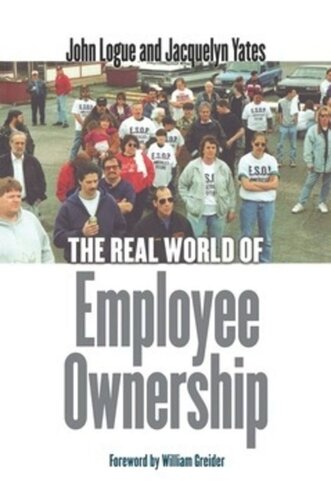

Most ebook files are in PDF format, so you can easily read them using various software such as Foxit Reader or directly on the Google Chrome browser.
Some ebook files are released by publishers in other formats such as .awz, .mobi, .epub, .fb2, etc. You may need to install specific software to read these formats on mobile/PC, such as Calibre.
Please read the tutorial at this link: https://ebookbell.com/faq
We offer FREE conversion to the popular formats you request; however, this may take some time. Therefore, right after payment, please email us, and we will try to provide the service as quickly as possible.
For some exceptional file formats or broken links (if any), please refrain from opening any disputes. Instead, email us first, and we will try to assist within a maximum of 6 hours.
EbookBell Team

4.8
44 reviewsUsing data from an extensive study of employee-owned companies in Ohio, where employee ownership is a well-developed trend, this book offers a strong empirical portrait of firms with Employee Stock Ownership Plans (ESOPs). It describes how these plans work and places their emergence and change in a historical context. John Logue and Jacquelyn Yates examine firms that have succeeded in employee ownership and those with failed plans. Some companies, they find, are committed to the concept of employee ownership, and others merely use ESOPs as a financing tool.Detailed information resulting from multiple surveys allows the authors to draw well-grounded conclusions regarding the question of why some employee-owned firms outperform others. The bottom line, they find, is that employee-owned firms that "do it all," implementing features such as employee participation and communication about finances, training, and cultural change, systematically outperform their conventional competitors. They also have an advantage over firms that understand employee ownership incompletely, if it all, and yet claim to adopt its methods.